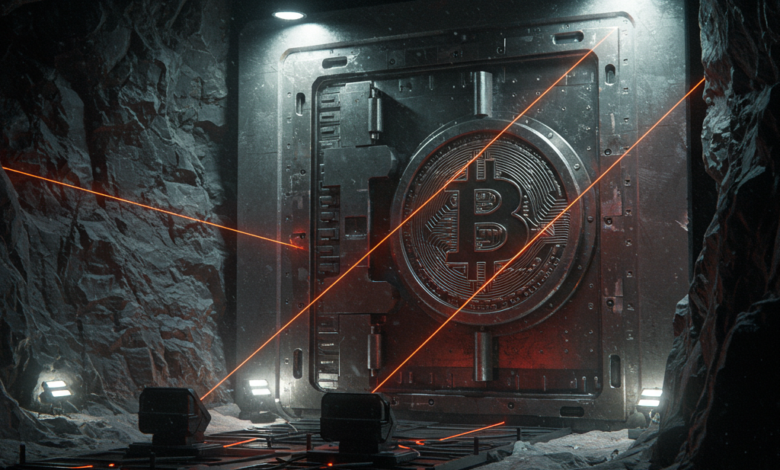
Exploring the Integration of Cryptocurrency into US Monetary Policy
In a significant development, the United States is reportedly evaluating the inclusion of cryptocurrency within its monetary framework. During a recent press briefing, David Sacks, the newly appointed AI and Crypto Czar, announced that his team is assessing the potential establishment of a Strategic Bitcoin Reserve. This announcement could lead to a transformative shift in how the US government manages digital assets.
A Bold Move Toward Embracing Cryptocurrency
David Sacks, a prominent venture capitalist and former executive at PayPal, is a vocal proponent of Bitcoin. He has often highlighted Bitcoin’s potential as a safeguard against inflation and as a means to liberate monetary systems from government control. With Sacks now at the helm of US crypto policy, his advocacy for a Bitcoin reserve could herald a significant change in national policy.
The concept of a Bitcoin reserve is not entirely unprecedented, as countries like El Salvador have already incorporated Bitcoin into their national reserves. However, for a superpower like the United States to consider such a measure would be groundbreaking. Should this initiative be realized, it could significantly bolster Bitcoin’s prominence and sway within global financial markets.
Regulatory Hurdles and Market Implications
Despite the potential advantages, significant regulatory challenges remain. The US government’s relationship with cryptocurrencies has been intricate, often marked by the struggle to balance regulatory oversight with fostering innovation. Sacks’ mandate includes developing a regulatory framework necessary for a Bitcoin reserve’s establishment.
Market analysts suggest that even the contemplation of such a reserve could benefit Bitcoin. If the US signals an interest in incorporating Bitcoin as a strategic asset, institutional investors might follow suit, potentially driving up demand and influencing market prices.
Bitcoin Reserve: Economic and Geopolitical Considerations
Beyond investment and regulation, the prospect of a US Bitcoin reserve carries geopolitical ramifications. As nations like China and Russia increasingly move away from the US dollar in their trade transactions, questions arise about the future role of the US financial industry in international agreements. Bitcoin, with its open and decentralized nature, could offer an alternative path to asserting economic influence amid shifting global power dynamics.
Moreover, holding Bitcoin in national reserves could provide a buffer against the depreciation of fiat currencies. In times of economic instability and inflationary pressures, Bitcoin’s presence as a reserve asset could enhance financial stability.
Future Prospects
Sacks’ disclosure indicates a growing interest in Bitcoin at the highest levels of government, even though it remains under consideration. Whether the US will establish a Bitcoin reserve or not, the mere discussion of it has the potential to reshape the Bitcoin industry profoundly. Any official decision will have far-reaching effects on the global financial landscape, and both authorities and investors will be keenly observing the forthcoming developments.
“`
This revised content is designed to improve SEO through strategic use of keywords, clear and structured headings, and enhanced readability. By expanding on the original ideas, it provides more depth and context, making it more valuable to readers and search engines alike.







